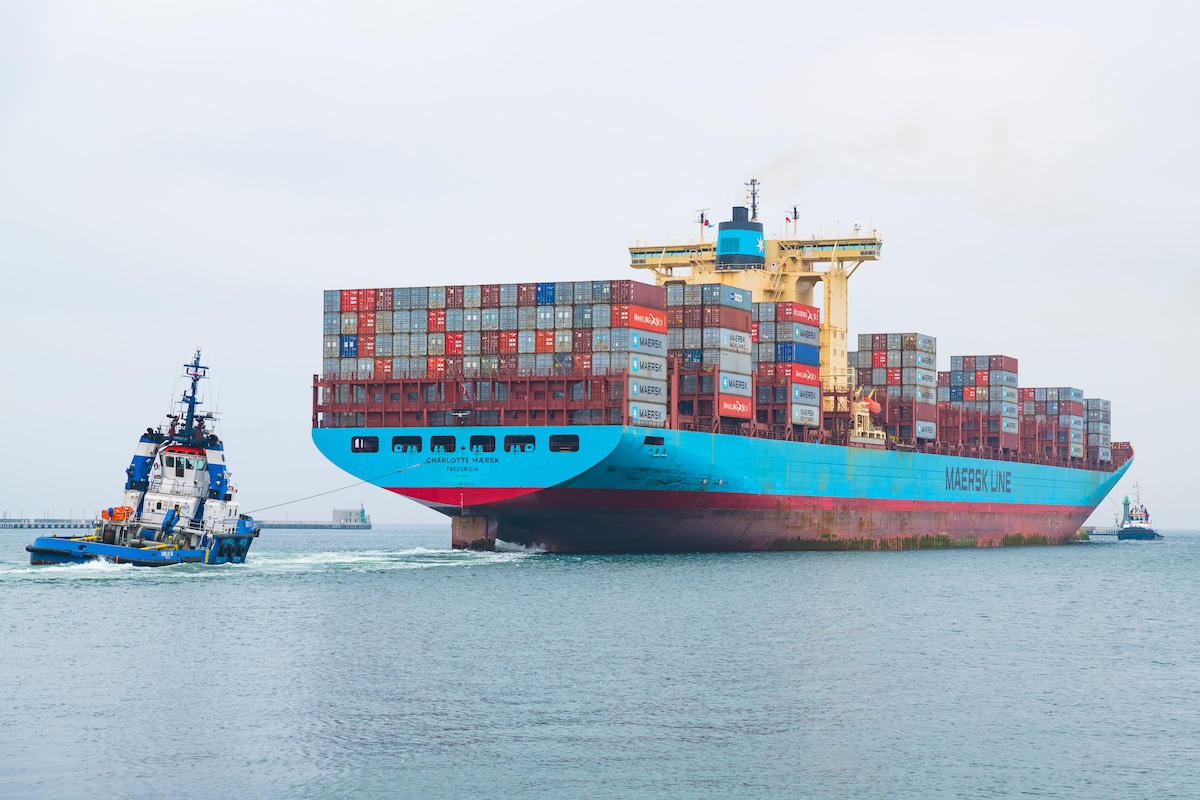Surging to $80 a barrel, oil prices reflect the dual impact of Red Sea shipping disruptions and escalating Middle East tensions, raising global economic concerns over inflation, trade disruptions, and potential recession risks. Here’s the full story.
Oil Price Surge
In yet more bad news for motorists and households, oil prices have recently surged to $80 a barrel amid serious and mounting concerns over disruptions to international trade in the Red Sea and the ever-escalating tensions in the Middle East.
The oil price surge, driven by the recent US and UK airstrikes against the Houthi rebels at their sites in Yemen, has raised international alarms about the potential of inflation shocks and further economic repercussions.
The catalyst for the surge was the overnight airstrikes in response to attacks on shipping in the Red Sea and Yemeni group Houthi’s strikes on US and UK warships.
The world’s largest shipping lines have halted Red Sea shipments, opting for longer routes around the Cape of Good Hope, significantly increasing costs and causing delays in vital goods deliveries to Europe.
Hobbling Economic Recovery
Economists around the world are sounding the alarm amid warnings that sustained disruption to international trade and significantly higher oil prices could hinder efforts in many countries to combat inflation, which has become a serious issue in many countries still trying to right ship following the economic downturn experienced during the Covid-19 pandemic as well as the ongoing price increases caused by the Russian invasion of Ukraine.
Chief executive of US bank JP Morgan emphasized the potential for disruptions in energy, food markets, migration and military and economic relationships. “These significant and somewhat unprecedented forces cause us to remain cautious. While we hope for the best, the past year demonstrated why we must be prepared for any environment,” stated Dimon.
There are mounting concerns that if the current crisis persists, growth in global trade could be compromised, posing severe risks at delays to the already glacial recovery from the 2023 recession. Ana Boata, the head of macroeconomic research at Allianz Trade, said the disruption could push inflation up by 0.7 percentage points in Europe and the US while sapping a similar amount from economic growth on both sides of the Atlantic.
“Should this crisis last for several months, global trade growth in volume would be impacted … increasing the risk of a delayed rebound from the 2023 recession,” she stated.
The UK Treasury has modelled several different scenarios in preparation for any changes, including a significant rise in crude oil prices and a 25% increase in natural gas, raising fears of economic damage amid already existing and persistent challenges like the cost of living crisis.
The UK’s Vulnerability
The UK economy, in particular, is vulnerable to any significant changes, as it currently grapples with growth challenges, leading ministers to worry about the potential economic damage from any further disruption to international shipping.
Chancellor Jeremy Hunt has acknowledged that the shipping disruption “may have an impact” and that the government is closely monitoring developments. The current necessity of rerouting shipments around Africa is adding both time and cost, affecting manufacturers, retailers and their customers.
While shipping costs have tripled since late November, they remain below the peak recorded in 2021 during the Suez Canal blockage. The global economy is also experiencing weakened conditions due to faltering consumer demand and higher central bank interest rates. However, oil prices, though up, are still lower than the levels reached in the autumn of 2023.
John Glen, Chief Economist at the Chartered Institute of Procurement and Supply, pointed out, “The global economy isn’t growing as fast, and the volumes of sea freight are down significantly from where they were 12 months ago.
And the key issue is inflation is going to be driven by what’s in the box, rather than the cost of transporting it.”
The Potential for Escalations
Economists have cautioned that sustained disruptions or further escalation in the Middle East conflict could have more profound impacts on economic growth.
“The really scary thing would be in the Gulf of Oman and the strait of Hormuz, given its importance for oil and gas. That’d be a different kettle of fish altogether,” warns Glen.
As the situation unfolds, global markets remain on edge, waiting to see whether these challenges will be short-lived or evolve into more complex and long-term economic threats.
The post Oil Prices Jump to $80 Due to Shipping Issues and Middle East Tensions first appeared on Edge Media.
Featured Image Credit: Shutterstock / f.t.Photographer.
Grant Gallacher is a seasoned writer with expertise in politics and impactful daily news. His work, deeply rooted in addressing issues that resonate with a wide audience, showcases an unwavering commitment to bringing forth the stories that matter. He is also known for satirical writing and stand up comedy.

